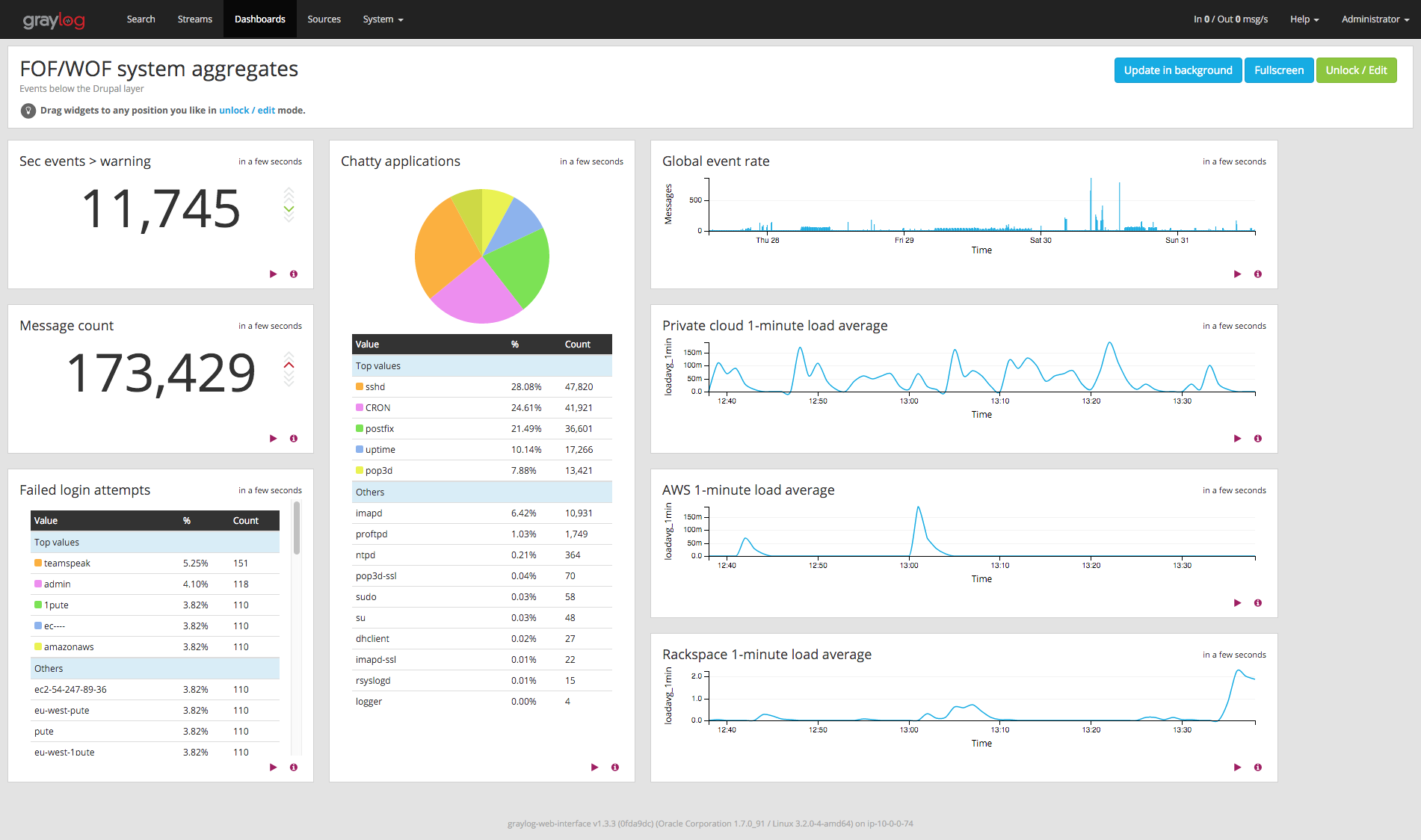MongoDB 8.x-2.0-alpha1 released
On behalf of all contributors to the MongoDB module suite for Drupal over the years, I am pleased to announce the 8.x-2.0-alpha1 release of the MongoDB package for Drupal 8, six years after we started this project on Drupal 6.
This release is the first step to an initial stable release of the MongoDB package for Drupal 8, containing:
mongodba module exposing the new PHP library as Symfony services exposed to a Drupal 8.x instance. It is designed as a minimal and consistent connection layer on top of the PHP library for MongoDB, for all modules targeting MongoDB on Drupal 8.x, be they contributed or bespoke.mongodb_watchdoga PSR-3 logger storing event data in MongoDB. On top of the features already present in 6.x and 7.x versions, it introduces a per-request report showing all events logged during a request, in order.

 There are a lot of environment variables in any Meteor version. You probably know
There are a lot of environment variables in any Meteor version. You probably know 